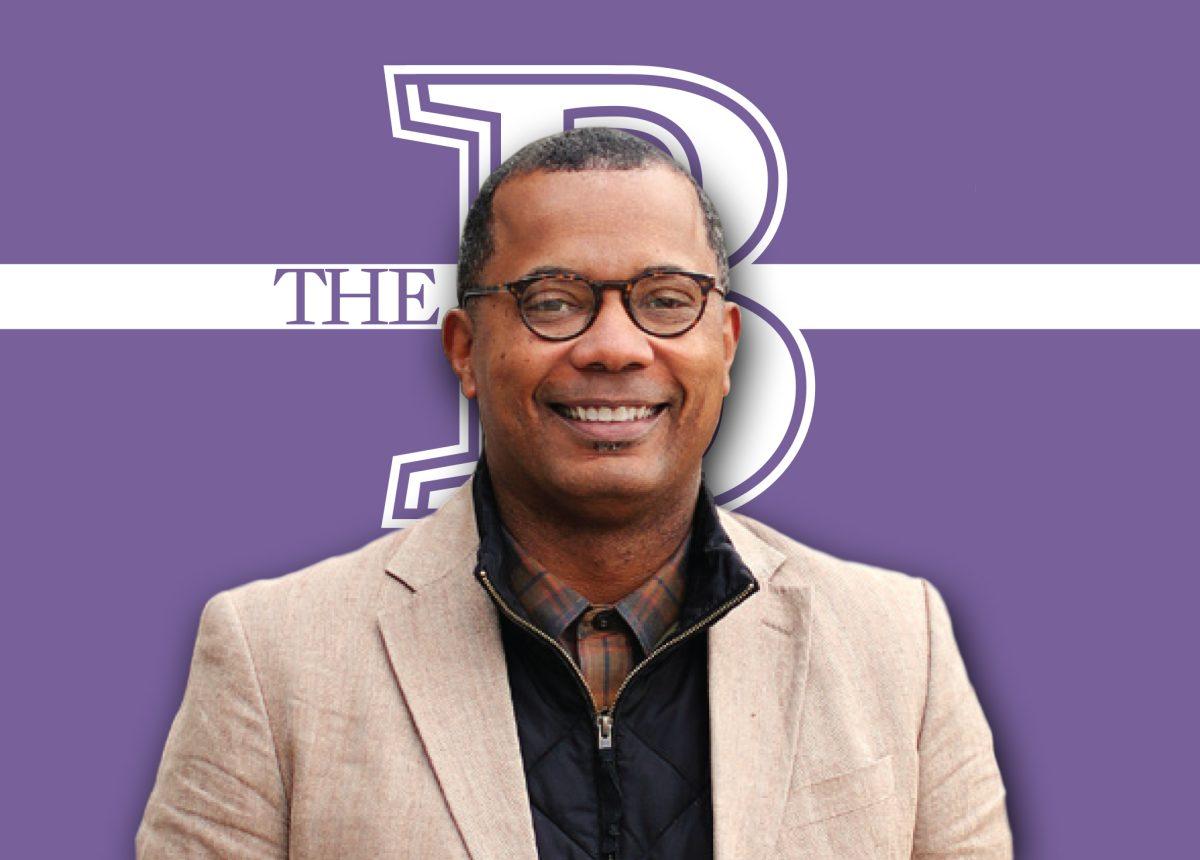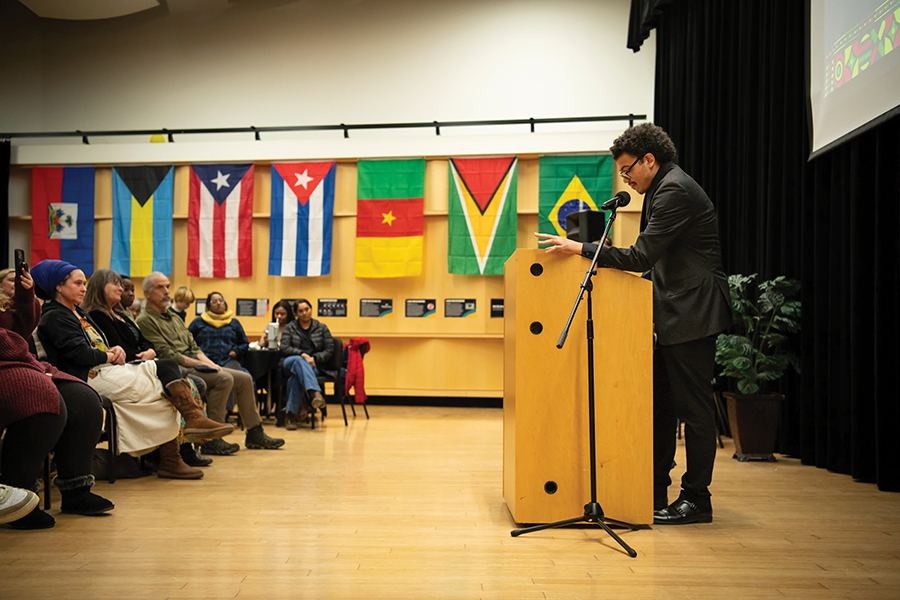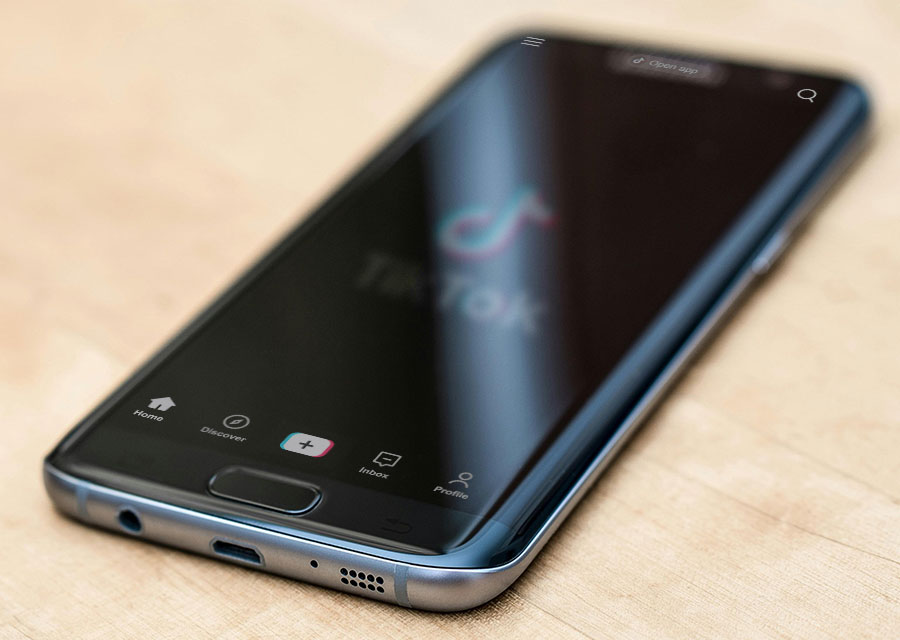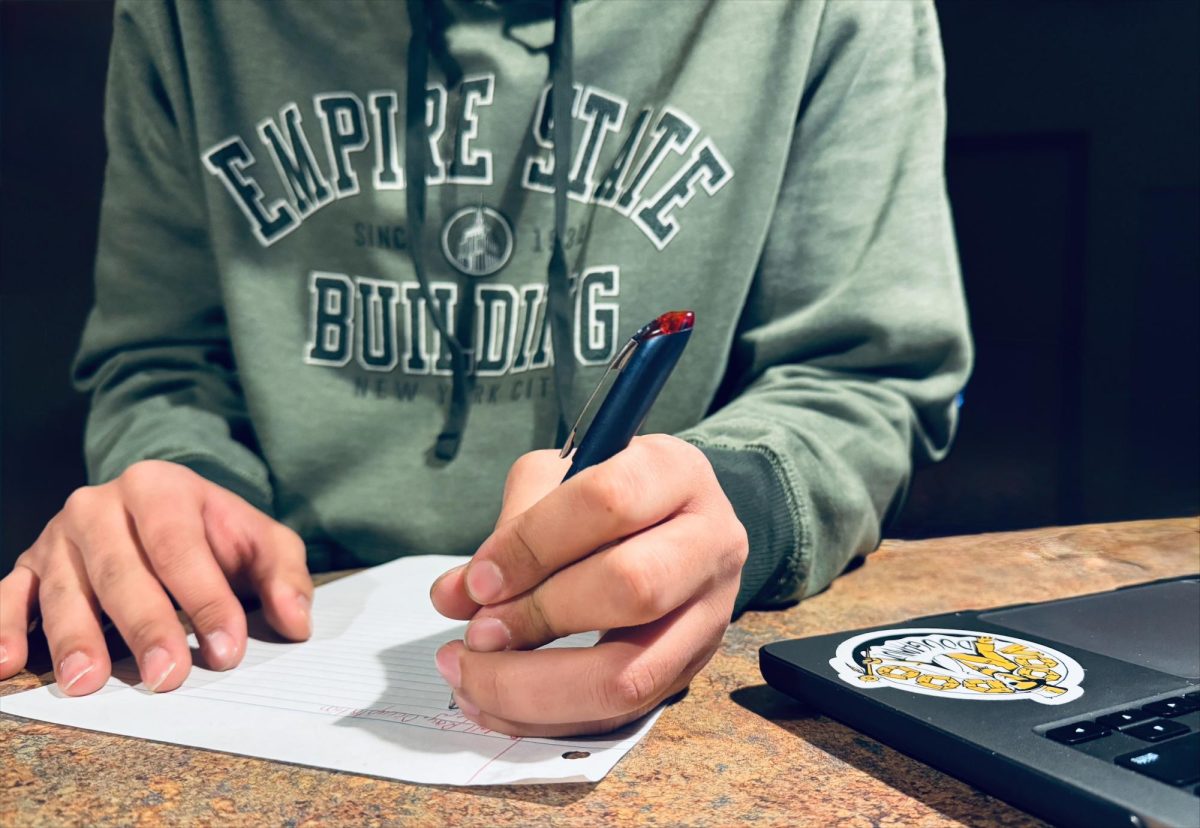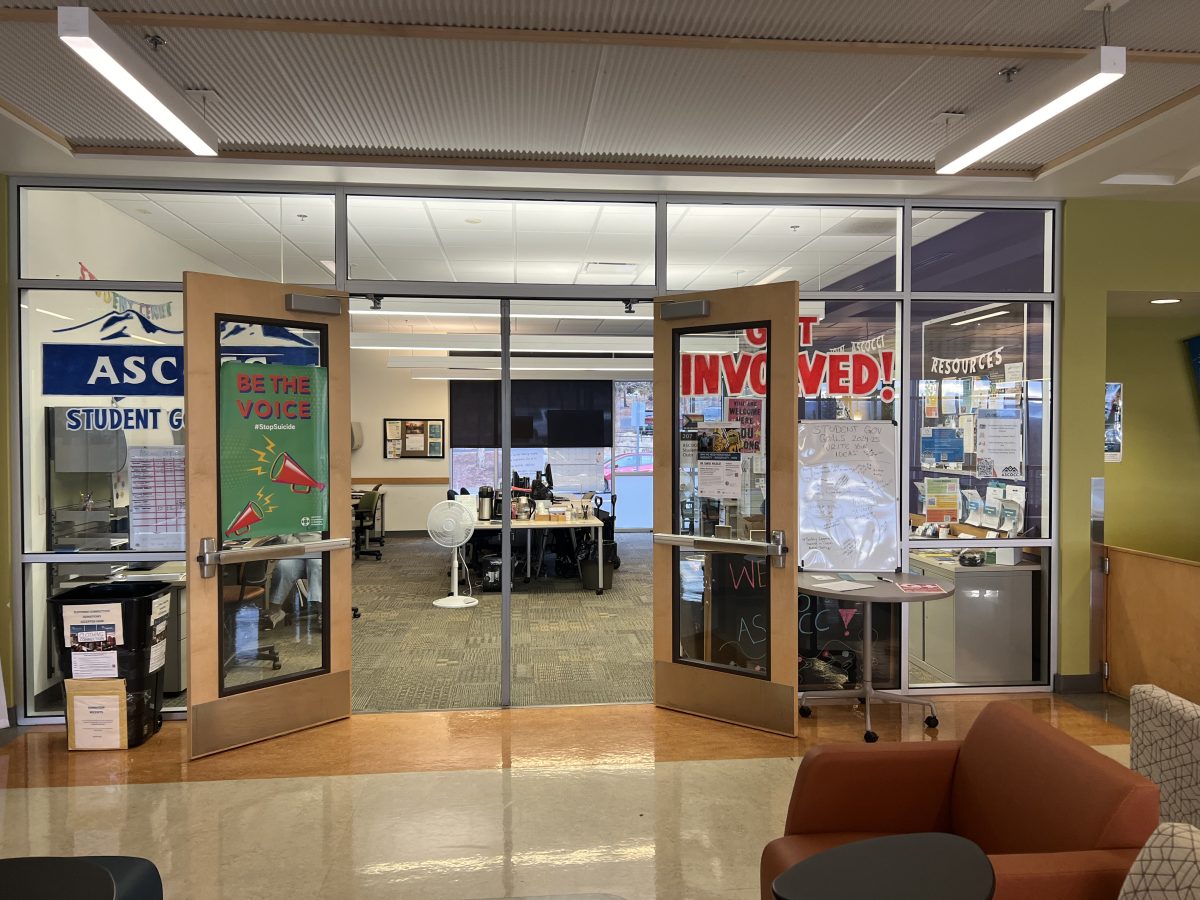By Marcus LeGrand | The Broadside (Contact: [email protected])
According to the Oxford Dictionary, happiness is defined as good fortune, pleasure, contentment, bliss and delight. That’s one opinion in the host of many. This simple thought lead me to approach randomly selected people on campus to find the answers to this elusive question, what is happiness?
My questions were quite simple: is it a feeling, an energy that guides you, a morning routine or ritual, the joy of being around people or your kids, exercise—the list goes on and on. One noticeable theme that continually reoccurred and sparked the most excitement came after me asking two questions, “How do you find happiness?” or “Are you happy?”
Most people would mention having financial freedom or taking care of family, but others contend that happiest is a feeling of achieving something that you have been working towards, whether it’s material or a personal goal. However, it’s not all about you. Happiness also comes when you have helped someone else to feel happy. Something along the lines of playing with your children or watching your friends enjoy themselves at a party you’ve organized. You like to feel emotionally connected to the people and things around you.
Be careful that you don’t rely too much on material things, and that you don’t become dissatisfied and unhappy when you fail to achieve your goals. Instead, recognize and celebrate that your love of achievement can be a powerful source of energy, and one that can spur you into creativity.
Melissa Coffman, a student and mother of two, said “Happiness isn’t material. Imagine if you had everything material would that truly make you happy; but what’s the next level?” As I pondered Mrs. Coffman’s question, I did a bit of research.
The Happiness Project conducted by author, blogger, and speaker Gretchen Rubin examines ideas about happiness from ancient times, the latest scientific research, as well as popular culture and common beliefs.
She found a multitude of ways you can improve your happiness without moving to the other side of the world or making millions. Here are three of them:
- Clean up your house and your brain, because all clutter wears us down.
- Money is like health.
- Accept these two things to build better relationships
She recommends that getting rid of negative stressors and eliminating tasks that weigh heavily on your psyche many of your everyday efforts. It’s as if your body and brain need a reboot or a sense of rejuvenation to achieve happiness.
In terms of relationships, she believes that complaining or bickering isn’t going to help change or fix potential issues. It must come from changing your attitude and actions to evoke building successful relationships.
Finally, money. It doesn’t guarantee you’ll be happy, but not having to worry about it makes your life a lot easier. You must continually observe how you spend, and being conservative doesn’t garner immediate happiness, but over time, having security matters.
Ultimately, the results weren’t overly shocking, but more of reassurance of why we have a common belief that happiness comes not from having more, not from having less, but about how your surroundings play a sufficient role in your life.
I started to reflect on what makes me happy. Is it a deep companionship I have with my wife or a desire to help others? Was it a sense of a connection with my family, friends or inner self? The answer didn’t hit me until my son gently kissed me on the head right before he went to sleep. He said, “Daddy why do you love us?”I said something along the lines of: “It’s hard to explain son, but all I can say is without you in life, I wouldn’t be happy.”
It was that moment of pure authenticity, nothing rehearsed or planned, that gave my soul a resounding kick of joy. I can only hope as you wander around this world that you can find it too. ■


